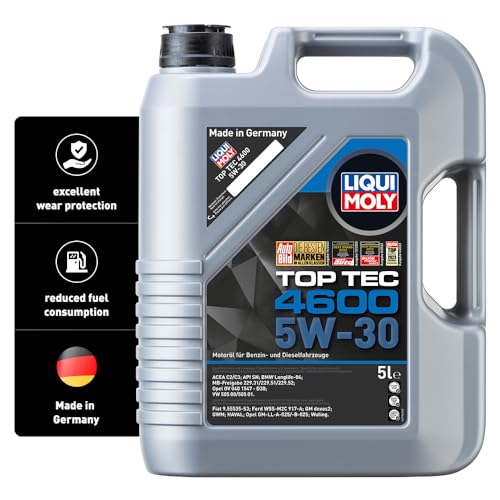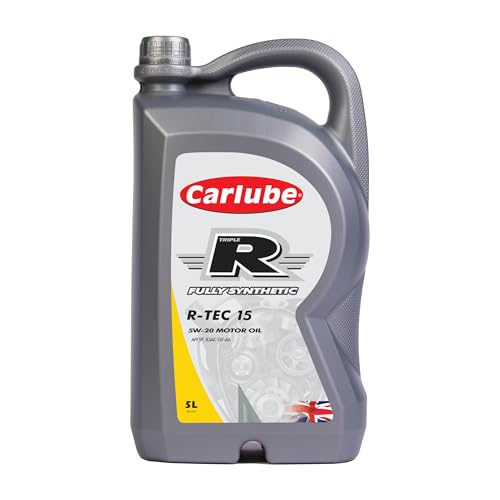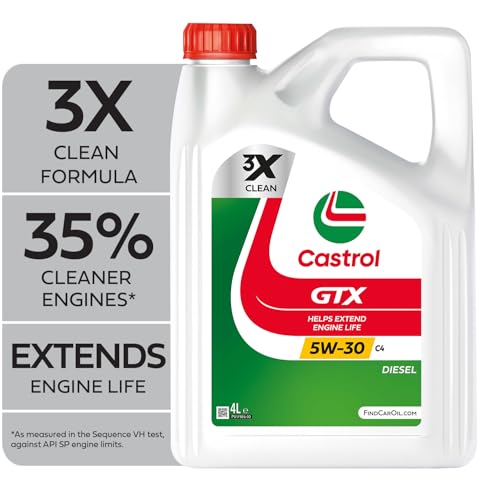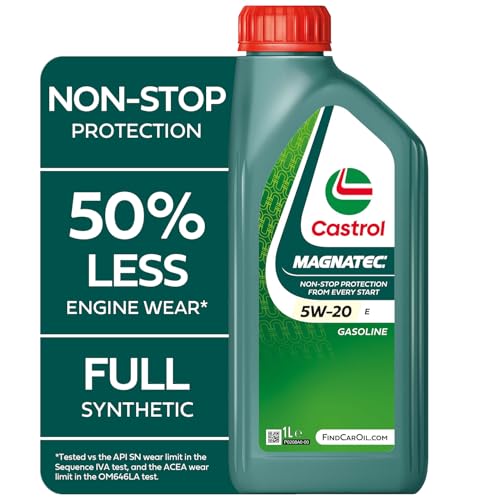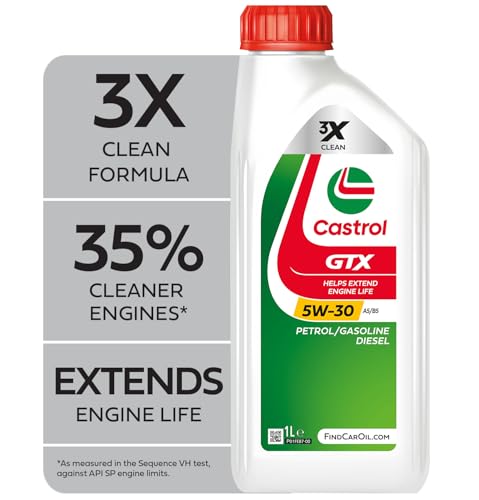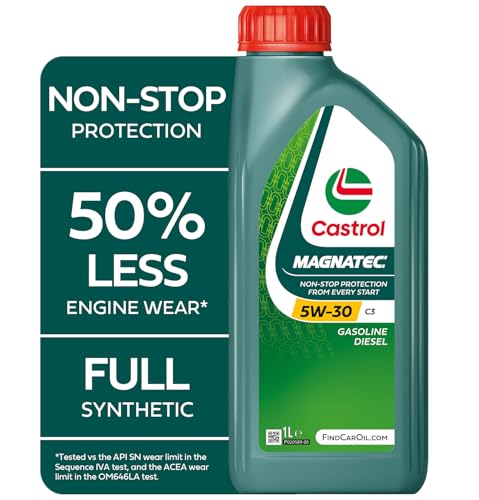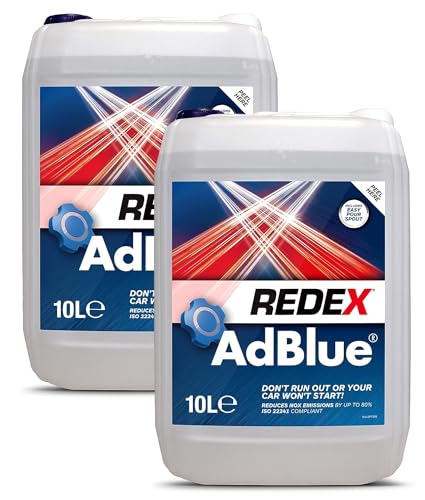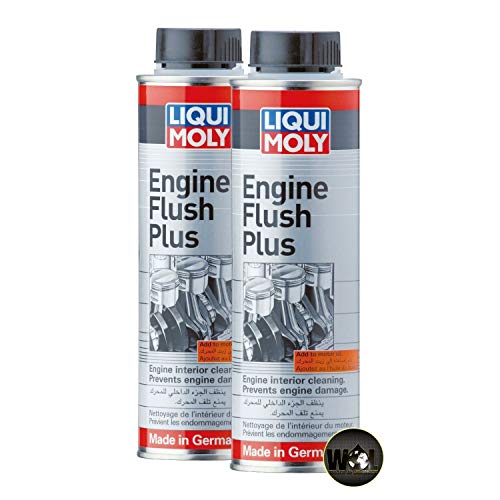Understanding Engine Oil: What You Need to Know
What is Engine Oil?
Engine oil is a vital lubricant that keeps the engine components running smoothly. It reduces friction between the moving parts, prevents wear and tear, and helps maintain the engine’s temperature. Think of it as the blood of your vehicle’s engine, ensuring all parts work efficiently, ultimately extending the engine’s life.
Why is Engine Oil Important?
Without engine oil, the metal surfaces inside your engine would grind against each other, leading to significant damage. Proper lubrication facilitates better performance, ensures fuel efficiency, and keeps your engine clean by removing dirt and debris. This means a well-oiled engine operates at its best, saving you money on repairs and improving your car’s overall performance.
The Different Types of Engine Oil: Which One is Right for Your Car?
Conventional Oil
Conventional oil is a standard option for many cars. It is derived from crude oil and contains additives to enhance its performance. This type of oil works well for older vehicles or those with simple engine designs. If your car doesn’t require high-tech solutions and you drive it under normal conditions, conventional oil might be the right fit.
Synthetic Oil
Synthetic oil is engineered to provide superior performance, especially in extreme temperatures. If you frequently drive in stop-and-go traffic or in harsh weather, synthetic oil will help safeguard your engine while improving fuel efficiency. It typically lasts longer than conventional oil, which can mean fewer oil changes in the long run.
Synthetic Blend Oil
Synthetic blend oil combines both synthetic and conventional oils. This blend offers a balance of performance and cost, making it suitable for those who want some of the benefits of synthetic oil without the higher price tag. If you’re looking for a middle ground, synthetic blend oil may be the choice for your vehicle.
High-Mileage Oil
High-mileage oil is designed for vehicles with over 75,000 miles on the clock. This type of oil contains additives that help protect older engines by improving their elasticity and reducing leaks. If your car is getting on in years, considering high-mileage oil can help keep it running smoothly.
How to Choose the Best Engine Oil for Your Driving Style
Consider Your Driving Conditions
Take a moment to reflect on how you drive. Do you regularly face heavy traffic, or are you mainly on open highways? If stop-and-go driving is common for you, synthetic oil might be a better choice due to its ability to manage heat effectively. Alternatively, if you primarily drive for long stretches, conventional oil can perform adequately.
Think About Climate
The climate where you live plays a crucial role in selecting the right engine oil. In colder regions, oil that flows well at lower temperatures is essential, making synthetic oils a better option. Those in hotter climates will also benefit from synthetic oil, which can withstand higher temperatures without breaking down.
Follow Manufacturer Recommendations
Always refer to your vehicle’s owner’s manual for manufacturer recommendations. They specify the ideal oil viscosity and type for your car, ensuring optimal performance. If you’re unsure, those specifications are a reliable starting point for navigating your choices.
Top Engine Oil Brands: Our Recommendations
Castrol
Castrol is well-regarded for its diverse range of engine oils, catering to conventional, synthetic, and high-mileage needs. Its Edge line is particularly popular for high-performance vehicles, offering excellent protection and performance.
Mobil 1
Mobil 1 is a leading synthetic oil brand that provides exceptional protection and performance under extreme conditions. It’s an excellent choice for drivers who want peace of mind knowing their engine is well-lubricated.
Shell Helix
Shell Helix oils are designed for high performance and cleanliness. They are especially known for their ability to keep engines clean and reduce deposits, making them a good choice for both city driving and long-distance travel.
Maintaining Your Engine: The Importance of Regular Oil Changes
Why Change Engine Oil Regularly?
Regular oil changes are crucial for maintaining engine health. Over time, engine oil breaks down and loses its ability to lubricate effectively. This can lead to increased wear and sludge buildup, risking engine performance. An oil change removes old oil and replaces it with fresh oil, ensuring the engine runs smoothly.
How Often Should You Change Your Oil?
The frequency of oil changes depends on your driving habits and the type of oil used. For most vehicles using conventional oil, changing engine oil every 3,000 to 5,000 miles is recommended. If you’re using synthetic oil, you can extend that period to every 7,500 to 10,000 miles. Always consult your owner’s manual for the best schedule specific to your car.
Additional Maintenance Tips
In addition to regular oil changes, checking your oil level regularly and looking for signs of contamination or changes in viscosity is essential. If your oil appears dirty or gritty, it might be time for a change. Keeping track of oil levels helps ensure your engine stays well-lubricated and performs at its best.





